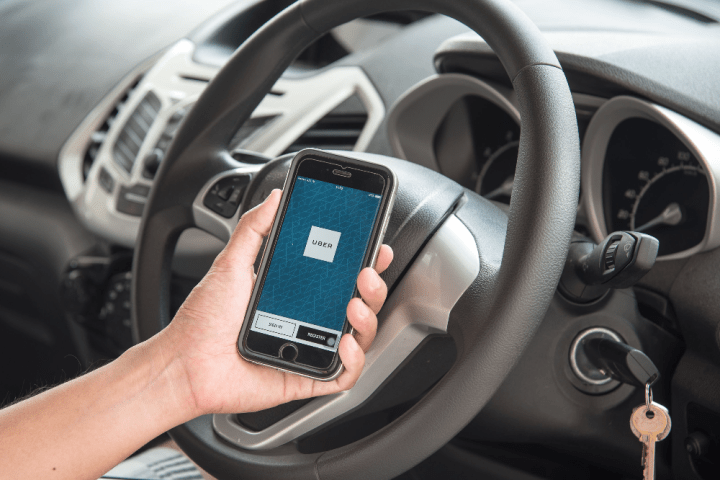
The motivation behind the Florida and Colorado experiments with subsidized ride-hailing services is cost-savings. After voters turned down a proposal to add bus lines in Pinellas County for budgetary reasons, the city faced cutting two of its least used lines. Two areas in the county, Pinellas Park and East Lake, were therefore going to lose all public transportation service. That’s when the county decided to try ride-hailing and share the cost of Uber rides.
People who take an Uber ride to connect with the transit system get a 50 percent discount on their ride, to a maximum $3. According to the city the program’s annual $40,000 cost is about one quarter the cost of running the two discontinued bus lines.
In Centennial Lyft will replace a shuttle bus service used to transport people to and from a regional rail stop. In this case, the city is covering the entire tab, which it projects will be significantly less than the $20 per ride shuttle service cost. Centennial, which has a grant from Bloomberg to support urban innovation, projects six times as many rides with Lyft than were handled by the bus service. The estimate is there will be 280 Lyft rides per day. The result should be greater usage of the rail system.
Other areas of the country are planning or considering using Uber or Lyft, or both, or other single-car, single-rider services to augment or fill gaps in existing public transportation systems. On one hand, these programs sound like clear wins because they keep private vehicles off the road and encourage public transportation. Other questions arise, however: How can Uber and Lyft drivers serve populations where some people do not have smartphones? In addition, municipal shuttle vans and buses typically have access support or aids for disabled people, which will not be the case universally for Lyft and Uber rides.



